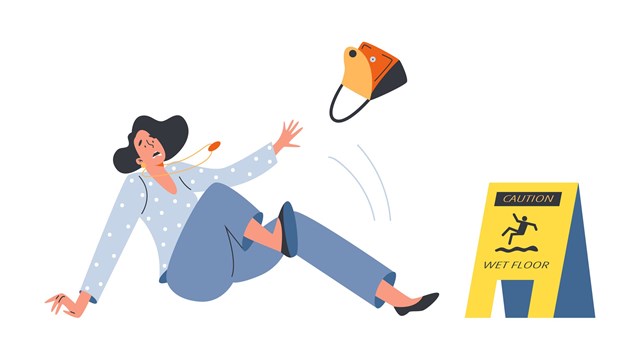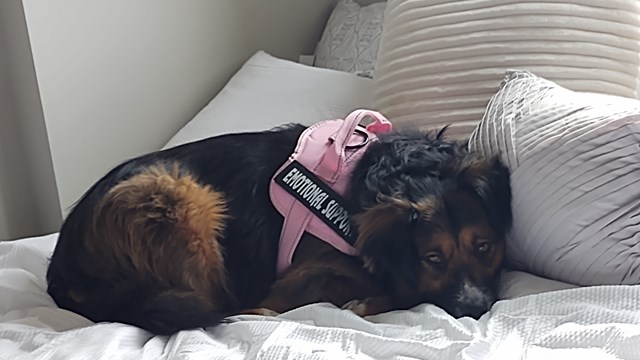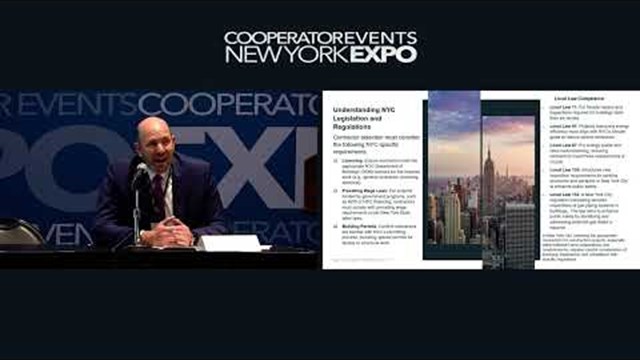With stay-at-home orders lifting in many areas, and those still under lockdown contemplating easing pandemic-related restrictions, businesses of all kinds are seeking guidance on how to reopen safely, once they’re able to do so. And while multifamily residential communities aren’t faced with the exact same set of considerations as a restaurant or retail establishment, boards and property managers have a steep learning curve to navigate when it comes to preparing their staff, amenities, and common spaces for the next phase of this unprecedented era.
As with any sort of crisis management, planning ahead and anticipating potential complications is key to successful outcomes, as is smart use of all available resources, both material and practical. To help fortify the latter, the Occupational Safety and Health Administration (OSHA) has published several resources to help guide employers through the pandemic, including its recent Guidance on Preparing Workplaces for COVID-19, a set of practical recommendations and protocols drafted in collaboration with the U.S. Department of Health & Human Services (HHS). The guide contains information on everything from safe work practices and appropriate use of personal protective equipment (PPE) to identifying risk levels in specific workplace settings and which control measures are most appropriate to implement.
Recognizing that different types of businesses have different concerns and risks in the context of the pandemic, the OSHA guide advises employers to tailor their preparedness and response plans to their employees’ particular needs and exposure points, as well as that of their customers.
On a general level, the guide recommends that employers take the following actions:
1. Prepare to implement basic infection prevention measures
2. Develop policies and procedures for prompt identification and isolation of sick people
3. Develop, implement, and communicate about workplace flexibilities and protections
4. Implement workplace controls to reduce hazards from the virus, including: (a) engineering controls such as high-efficiency air filters, increased ventilation, and plastic barriers like sneeze guards; and (b) administrative controls, such as encouraging sick workers to stay at home, minimizing contact among workers, clients, and customers, establishing alternating days or extra shifts that reduce the total number of employees in a facility at a given time
5. Eliminate non-essential travel, develop emergency communications plans, provide workers with up-to-date education and training on COVID-19 risk factors and protective behaviors, and train workers who need to use protecting clothing and equipment
6. Consider use of personal protective equipment (PPE), including masks, gloves, gowns, face shields and goggles
In addition to the guide (a full printable PDF copy of which can be found here in English. Click here for the Spanish version), OSHA also maintains a COVID-19 webpage, also available in both English and Spanish, providing further guidance for specific businesses and issues.
While implementing even the most stringent mitigation efforts can’t completely COVID-proof a building or business, adhering to OSHA’s recommendations can certainly help reduce the likelihood of exposure -- both to the virus itself, and to claims of employer liability.
Cooper Smith is a staff writer/reporter for The Cooperator.










Leave a Comment